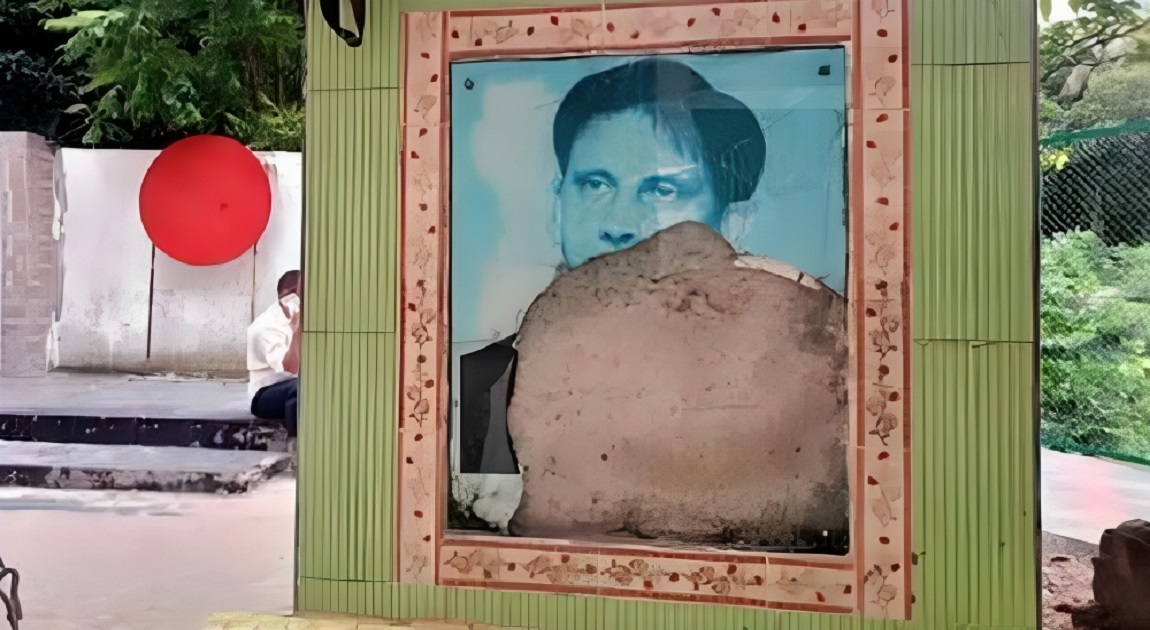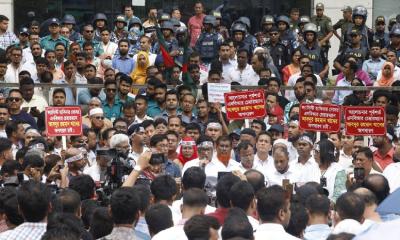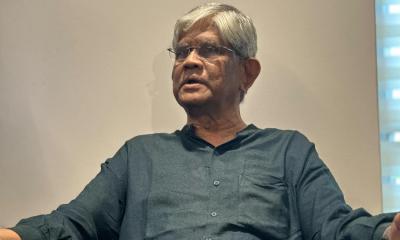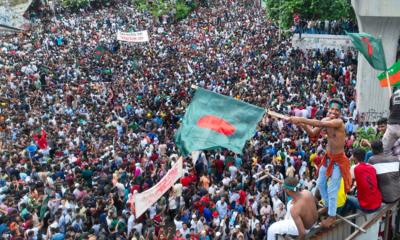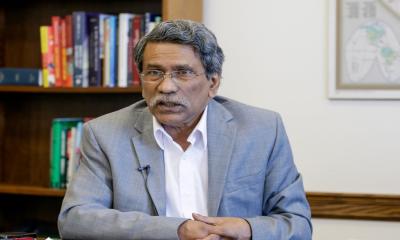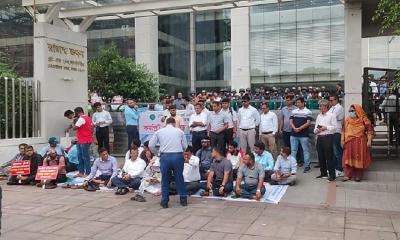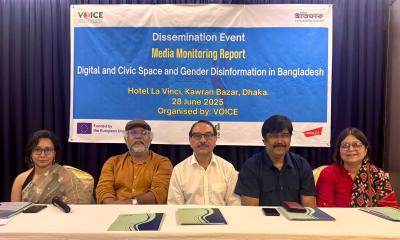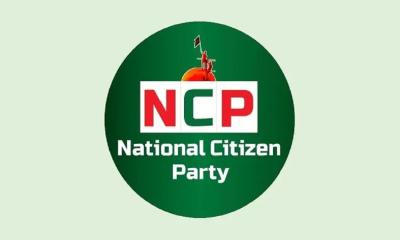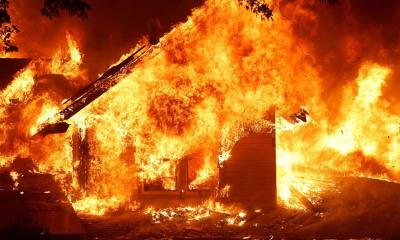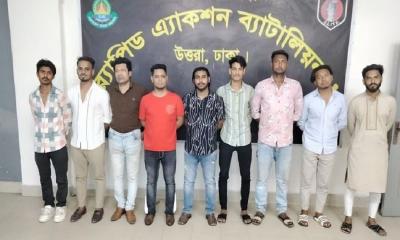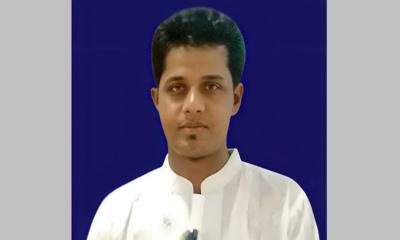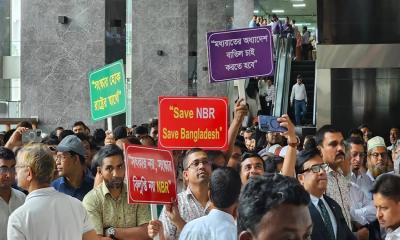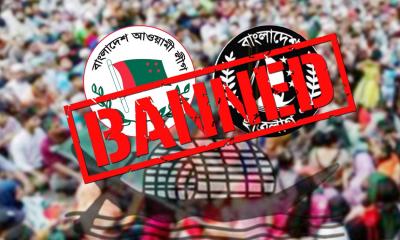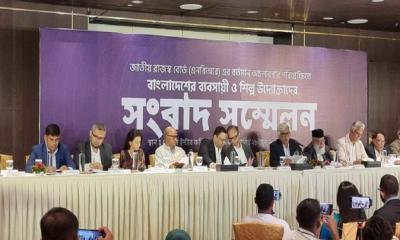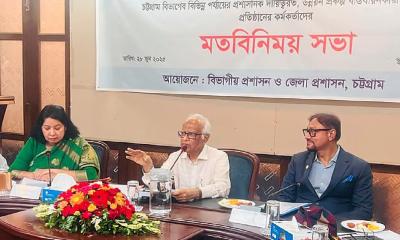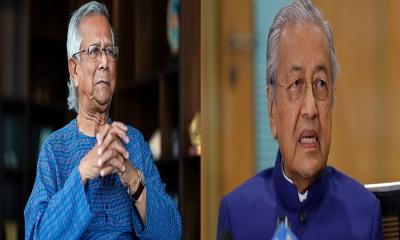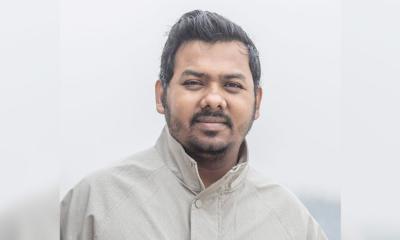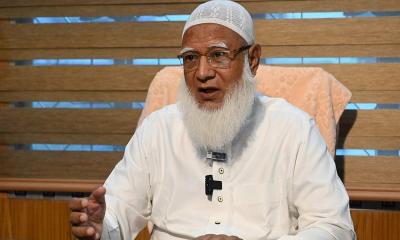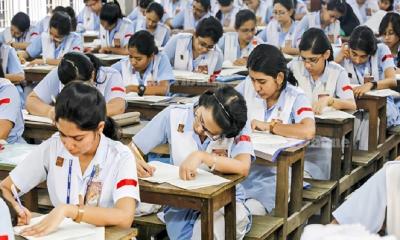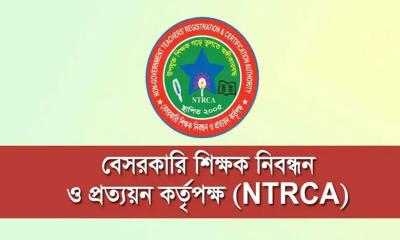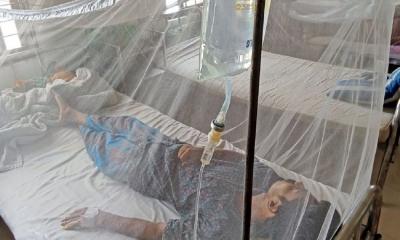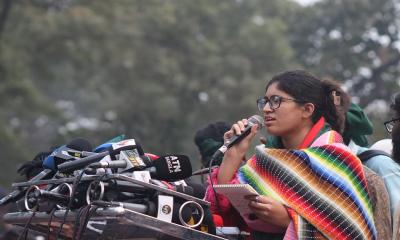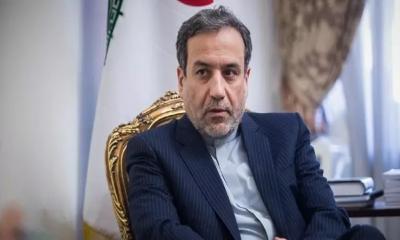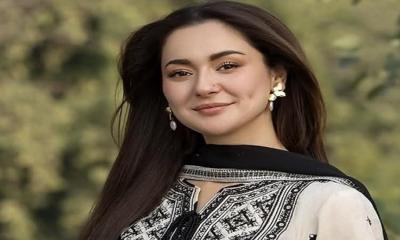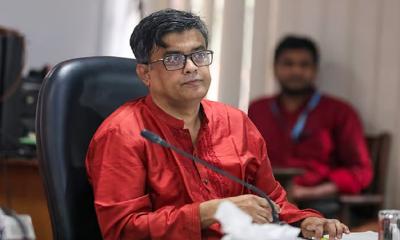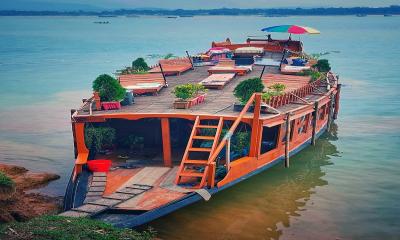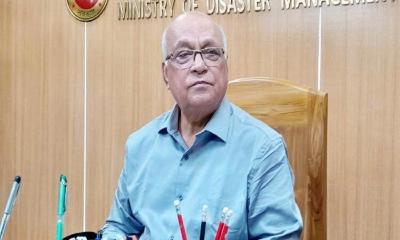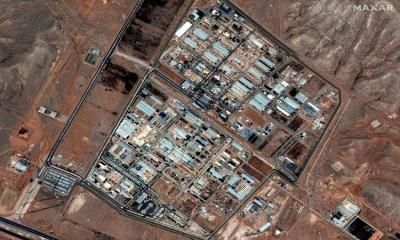A total of 52 prominent academics, writers, journalists, cultural activists, and human rights defenders have expressed deep outrage over the vandalism of a mural dedicated to Rafiqul Islam, a language movement activist and freedom fighter widely credited as a key initiator of International Mother Language Day.
In a joint statement issued on Saturday, the signatories strongly condemned the incident, describing it as not only an attack on a work of art but also an affront to the spirit of the Language Movement, the Liberation War, and the cultural consciousness of Bangladesh.
The statement, released on behalf of the group by poet and essayist Arif Nazrul, urged authorities to swiftly identify and take legal action against the perpetrators.
The statement said the destruction of the mural is a "shameful act for the entire nation," emphasizing that Rafiqul Islam played a pivotal role in gaining UNESCO recognition of February 21 as International Mother Language Day—a day now celebrated worldwide to honor linguistic and cultural diversity.
Calling the act "a direct blow to national pride and collective conscience," the group underscored that every monument built in memory of the Liberation War and the Language Movement represents an inseparable part of the country`s identity and dignity.
Damaging such symbols is tantamount to attacking the nation`s very existence and human values, they added.
The signatories also criticized the role of the local administration, stating that although the mural was constructed under the supervision of the district administration and with the initiative of Rafiqul Islam’s family, authorities have remained "disturbingly silent" in the face of the attack.
This silence, they argue, reflects a lack of institutional commitment to preserving the nation’s cultural and historical heritage.
Additionally, the group raised concerns over the demolition of seven memorial installations at the ‘Mrityunjayi Prangan’ (Immortal Yard) on Dhaka’s Bijoy Sarani, where plans are reportedly underway to construct a new structure named ‘July Gonominar’ (July People’s Monument). They argued that while preserving July`s democratic spirit is important, such symbols should be built in open spaces without demolishing national heritage monuments, which only creates unnecessary controversy.
The statement concludes with a call for justice and preservation, declaring that protecting the symbols of the Language Movement and Liberation War is not only a matter of national pride but also the responsibility of every citizen.
The statement was signed by economist MM Akash, Ekushey Padak-winning writer and freedom fighter Dr. Nurun Nabi, fiction writer Freedom Fighter Ishaq Khan, fiction writer Zakir Talukder, poet and cultural figure Salahuddin Badal, journalist and writer Ajay Dasgupta, Freedom Fighter Tajul Imam, prominent artist Freedom Fighter Faridur Rahman, fiction writer and former DDG of BTV Dr. Maqbul Hossain, Rabindra Sangeet artist Shahed Kayes, poet and freethinker Sarkar Abdul Mannan, poet and essayist Santosh Roy, poet and essayist Shogat Ali Sagar, expatriate journalist Rafiqur Rashid, fiction writer Jharna Rahman, fiction writer Sejan Mahmud, fiction writer and medical scientist Dr. Atiqul Haque.
Among other notable figures from various professional and academic backgrounds are ophthalmologist Dr. Mukid Chowdhury, novelist and researcher Hossain Delwar, poet Mozammel Haque Niyogi, novelist Golam Morshed Chandan, poet Mohammad Anwarul Kabir, poet, storyteller and professor Hameem Kamrul Haque, novelist and teacher Shameem Ashraf, teacher Swakrit Noman, novelist Arif Nazrul, poet and essayist Dr. Mohammad Mahmud Hasan, Associate Professor, Department of Law and Legal Studies, Carleton University, Canada Moni Haider, novelist Sardar Faruk, poet Fazlul Kabiri, novelist and literary critic Abdullah Al Imran, novelist and journalist Shafiq Hasan.
The remaining signatories are: novelist Alamgir Masud, poet and editor Dr. Masud Pathik, poet and filmmaker Arifur Rahman, novelist Mehedi Hasan Shoaib, writer, publisher and journalist Abdullah Al Mamun, Canada-based PhD researcher Shams Said, novelist Binoy Karmakar, poet Salah Uddin Mahmud, novelist and journalist Milan Sabyasachi, poet AKM Mahtab Uddin, human rights activist Girish Gairik, poet and journalist Samar Chakraborty, poet and journalist Piklu Chowdhury, director Golam Mujtaba Mortuza, journalist Nishat Bijoy, journalist Zahirul Haque Bapi, film director Nadim Iqbal, poet and Chhotakagaz editor Aniruddha Dilwar, social thinker and organizer Rafayet Chowdhury, novelist and journalist Rashida Swarlipi.


